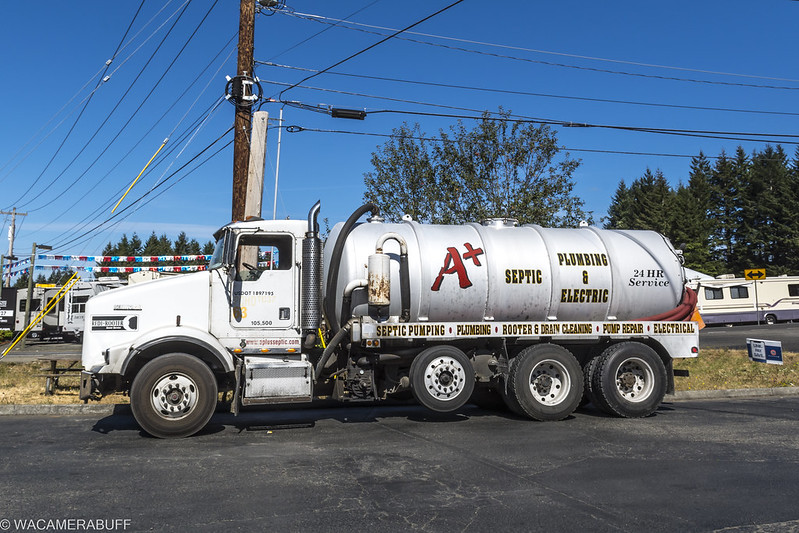
5 Signs Your Septic Tank Needs Pumping
Owning a property with a septic tank comes with some unique challenges. Keeping up with regular septic tank pumping is crucial to the overall health of your property.
There are a few signs to watch for that can indicate it’s time to call for septic tank pumping. If you notice these symptoms, it’s important to act fast.
Slow Drains
If your sinks or toilets drain more slowly than usual, it could indicate that your septic tank is full. This will prevent wastewater from flowing through your septic system properly, which can lead to many more serious problems down the line.
If your drains are clogged, and a plunger or unblocking chemicals do not work, it may be time to call a septic tank specialist. These experts can use no-dig methods to clear out clogged drains and pipes. They can also restore and repopulate your septic tank with bacteria to help keep it working smoothly.
Sewage backup is a dangerous health hazard that must be dealt with immediately. Foul odors from indoor drains and outside the home are another sign that your septic tank has reached capacity and is overflowing.
Foul Odors
A septic system relies on bacteria to break down waste materials organically. When those chemicals or non-organic materials enter a home’s plumbing, foul odors are the result and could indicate the need to have your septic tank pumped.
The smell of sewage isn’t just unpleasant to live with—it’s also unhealthy and dangerous for your family and pets. Sewage backups can also cause significant water damage to your home.
Foul odors that linger in your house can indicate that the maintenance hole cover isn’t secured tightly or that there’s an issue with the ejector sump pump basket. If this is the case, you should ask a septic tank services Orlando, FL, to help secure it with lag screws. Also, make sure any vegetation doesn’t block the septic tank vent.
Pooling Water
A full septic tank will have no place for wastewater to go so it will pool up in your drain field and lawn. This is a sign that you should call for septic tank pumping.
When you flush the toilet or use your sink, a regular gurgling sound is another sign that your septic tank is getting close to full. This happens when air pockets are trapped as wastewater passes through the septic system.
Another warning sign is if the grass over your septic tank looks lush and healthier than the rest of your yard. This is because the septic tank leaches waste into the drain field, fertilizing the grass. This is a problem that needs to be fixed right away.
Sewage Backup
Sewage backup is one of the most serious signs your septic tank needs to be pumped. Not only is it unpleasant, but sewage backup can cause costly plumbing and structural damage to your home. Contact a professional immediately if you notice a sewage smell in your home.
Gurgling sounds in your drains can also be a sign your septic tank is full and needs to be emptied. These rumbling noises are caused when your septic tank fills up with solid waste that can’t escape. The resulting clogs can enter your home’s toilets, sinks, and showers. Sewage backup can also be a serious health hazard for your household if it’s not addressed quickly. Fortunately, regular septic tank pumping can prevent this from happening.
High Nitrates
Nitrate levels are dangerous to fish and indicate that your septic tank needs pumping. They result from the nitrogen cycle, which converts ammonia into nitrite, then nitrate. Nitrates aren’t as harmful as ammonia, but they still affect the health of aquarium fish.
Water sprite plants are natural nitrate reducers that help keep nitrate levels low in your fish tanks. It’s also important to do regular water changes with distilled or deionized (DI) water that won’t increase nitrate levels in your tank.
If your rural well water is contaminated with high nitrates, you’ll need to discover the source of the problem. Nitrates are often a problem in agricultural areas, where farmers use inorganic fertilizers and manures on cropland that seep into groundwater aquifers that supply water to residential wells.




